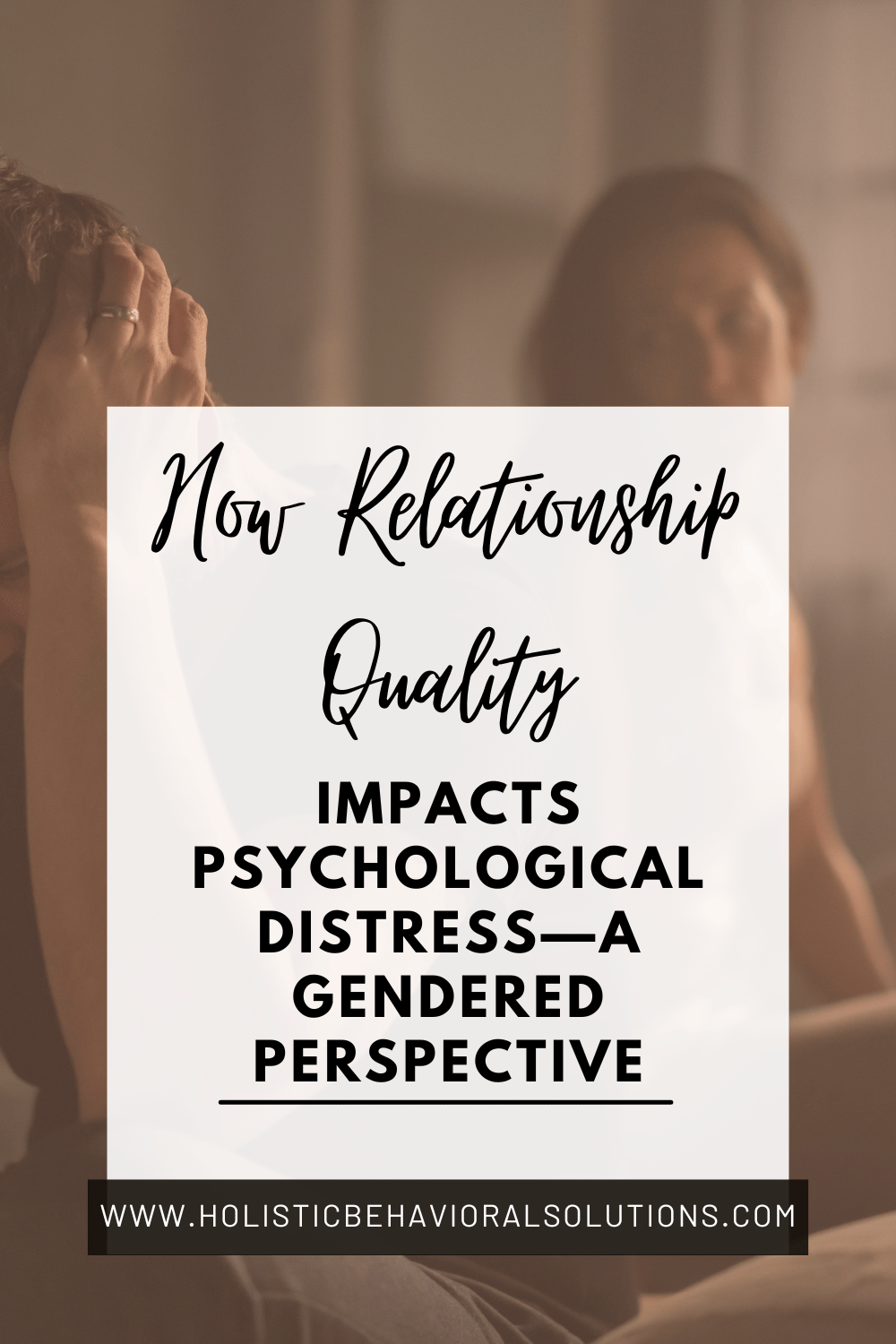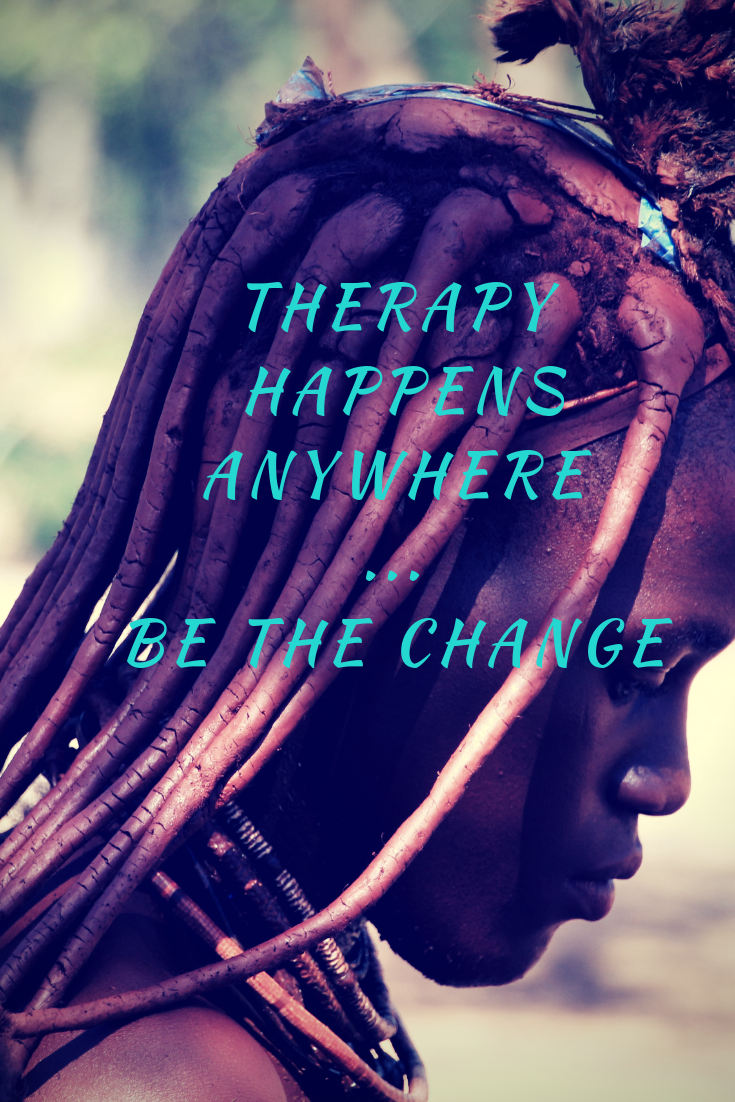
In our busy, always-on culture, juggling work, home, and emotional well-being is no easy task. For many, especially working women, the pressure is doubled by the “second shift.” The second shift is the unpaid labor of caregiving and housework that begins after the formal workday ends.
These daily demands can take a serious toll on mental health. One factor that gets overlooked, however, is the quality of our personal relationships. Research shows that poor relationship quality can significantly increase psychological distress. But how this plays out—and how it differs between men and women—is still being explored. Interesting, right?
How Relationship Quality Affects Men and Women Differently
Studies suggest that the emotional effects of relationship strain often differ by gender. While women may be more likely to experience depressive symptoms in response to poor relationship quality, men may externalize distress through behaviors such as increased alcohol use.
A large-scale, 25-year study did a deep dive into these dynamics. They tracked how changes in relationship quality related to psychological distress over time. The findings were both revealing and nuanced:
- Women reported lower relationship satisfaction and higher levels of depression.
- Men, on the other hand, reported greater alcohol use, but fewer depressive symptoms.
What Changed Over Time?
The long-term nature of the study revealed shifting patterns for both men and women—but in different ways.
- Women showed a strong link between relationship quality and their emotional health. Increases in depressive symptoms, as well as reductions in alcohol use, were closely tied to changes in their relationships.
- Men, however, did not show a significant connection between changes in relationship quality and their emotional distress. This suggests that other factors may play a stronger role in their mental health outcomes.
Why Gender Matters in Mental Health Support
These findings underline an important point: mental health interventions should not be one-size-fits-all. For women, improving relationship dynamics—through communication, emotional support, or conflict resolution—could play a powerful role in reducing symptoms of depression and supporting overall well-being.
For men, since psychological distress appears less directly tied to relationship quality, mental health support may need to focus more on stress reduction, healthy coping strategies, and emotional regulation skills.
The Relationship–Distress Feedback Loop
Interestingly, the study also found a bidirectional link: not only can poor relationship quality lead to emotional distress, but experiencing psychological distress can also strain a relationship. This loop reinforces the need for holistic mental health strategies that consider both internal and external sources of stress.
Looking Ahead: The Need for More Personalized Research
There’s still much to learn about how relationship dynamics affect psychological health. Future studies might examine how factors like income, personality, social support, or workplace pressures influence this connection—especially across different cultural or life-stage contexts.
Our Takeaway on Relationships and Well-Being
Understanding how relationship quality and psychological distress interact—especially through a gendered lens—can help inform more personalized, effective mental health care. When we tailor interventions to the specific needs of men and women, we give individuals the tools to feel supported, emotionally balanced, and more connected in their relationships.
Nourish the Connection from the Inside Out
At The Holistic Store, we believe well-being starts with how we feel—physically, mentally, and emotionally. While you’re doing the inner work to build stronger connections, support yourself with high-quality wellness supplements that help you feel centered, energized, and emotionally grounded.
Browse our curated collection of products designed to help you show up fully—whether for yourself, your relationships, or your life.

